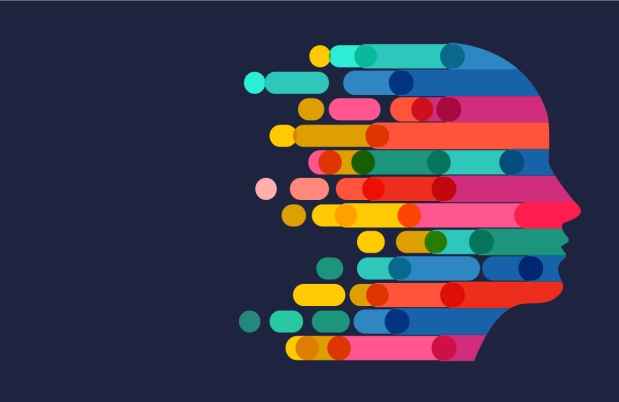Lecture – Challenges to Evidence-Based Practice in Indigenous Community Mental Health
Available with English captions.
Presented by Joseph P. Gone, PhD, Harvard University – Visiting Scholar Series
Native American communities exhibit alarming disparities in mental health. Reports show epidemic levels of distress among American Indians, Alaskan Natives, and Indigenous people. Members of these communities also experience a high prevalence of trauma, substance addiction, and suicide.
The mental health needs of these communities are largely unmet. Low funding for community mental health is a major reason for the lack of needed services. But cultural and historical factors also play important roles.
Watch now to learn more about:
- Native American dissatisfaction with conventional mental health treatments and services
- Native American commitments to traditional cultural practices and activities
- Characteristics of an alternative Native American approach to mental health treatment that is grounded in the culture
In this lecture, Gone explains the challenges of bringing evidence-based clinical practices to Indigenous communities. He states that many Indigenous individuals tend to reject evidence-based medicine because of the legacy of cultural subjugation and longstanding power imbalances. Because of efforts to change and even eradicate Native American culture, many Indigenous people see mainstream clinical interventions as irrelevant and ineffective.
Further, Gone states that the norms, routines, and logics of our “conventional” mental health clinic were developed from traditions that are far different than Indigenous therapeutic traditions. Although there are different healing methods in Indigenous communities, many share common principles.
For example, many Native American healing traditions are based on cosmology, sociality, and selfhood. Some rely on the role of individual healers in the community. Many focus on the power of an individual’s mind and their desire to make things happen. Also, many healers emphasize the concept of people working together through relationships to bring good things about.
Given the vast cultural differences and the legacy of oppression, many Indigenous people are dissatisfied with evidence-based approaches. Instead, Gone says, many Native Americans assert that “our culture is our treatment.”
With this in mind, Gone calls for an alternative Native American approach to mental health.
A Native American system would call on mental health professionals to recognize that a clinical intervention is always a cultural prescription. It would focus on historical trauma rather than mental disorders. It would understand that the people it cares for aspire to relational selfhood, not neoliberal individualism.
This system would use reclaimed healing practices, not empirically supported treatments. Also, this approach would evaluate patients based on Indigenous ways of knowing rather than scientific studies.



